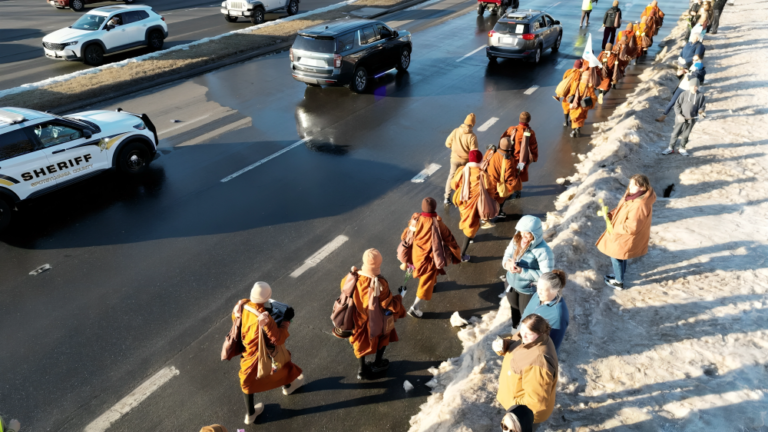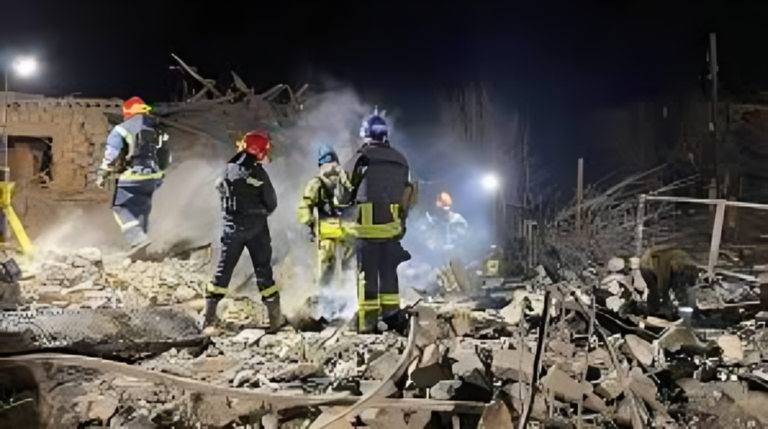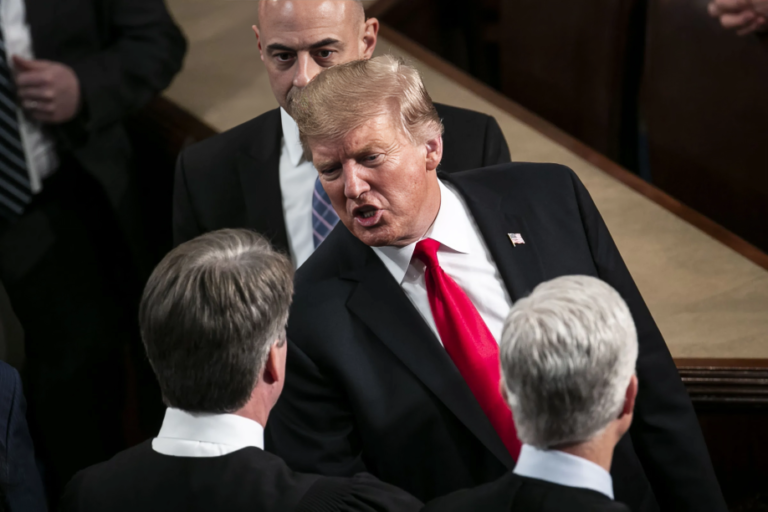As Arab foreign ministers gathered in Doha on Saturday, concern permeated the air regarding the unfolding crisis in Syria. The Islamist group Hayat Tahrir-al Sham (HTS) announced they had reached the heart of Damascus, with their leader, Abu Mohammad al-Jowlani—now known as Ahmed al-Sharaa—declaring the city captured.
This shift marks a significant change in Syria’s power dynamic after decades of Assad family rule. Marie Forestier, a senior advisor at the European Institute of Peace, warned that while celebrations erupted, the future remains uncertain. Another rebel faction, the Southern Operations Room, played a crucial role alongside HTS, reflecting the complex landscape of alliances in Syria.
Experts note that maintaining unity among rebel groups will be challenging now that the Assad regime appears weakened. As HTS consolidates its power, their leadership is under scrutiny due to past ties with Al-Qaeda and authoritarian governance in Idlib.
Regional tensions are rising, with neighboring countries like Turkey and Jordan wary of the implications of HTS’s success. At the Doha Forum, Russian Foreign Minister Sergei Lavrov condemned HTS, while UN Special Envoy Geir Pedersen expressed cautious optimism for a new political process in Syria. He stated, “This dark chapter has left deep scars, but we look forward to a new one—one of peace and reconciliation for all Syrians.











+ There are no comments
Add yours